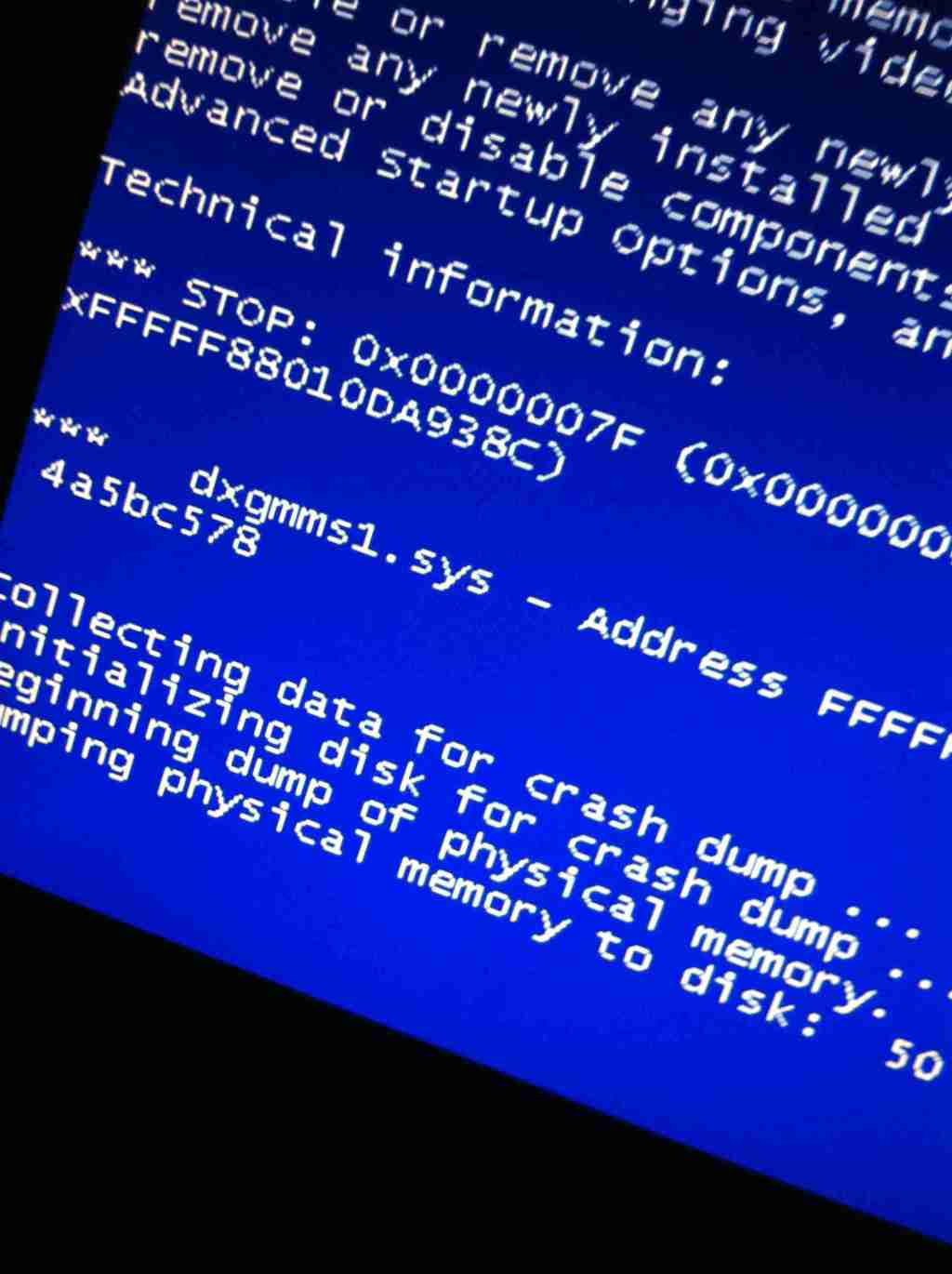Copy Edits

Dull dull dull.
I mean obviously, not dull. I’m doing copy edits on Urban Magic 4 (the Minority Council) and am mildly relieved to discover that the book itself, is not dull. There’s a lot of stuff happening, and Swift is definitely having a bad day and things keep cropping up that have a definite feeling of Narrative Significance Which May Be Important Later and villains are holding parties and parts of the East End are being filled with monstrosities and Willesden Junction has never had such adventurous goings on within it boundaries…
… so when I say dull, please don’t think I mean the book.
Oh no.
I mean the editing of the book.
There’s three stages to all editorial processes. The first is your proper editor – the publisher, if you will – writing a lovingly worded email that essentially goes like this:
Dear Kate,
I really really loved the book. It was amazing. I loved x, y and z and thought you really captured a, b and c.
I was just wondering, however, if you thought that the appearance of the singing pink elephant on page 42 really helped with the cyber-punk feeling. I know how brilliantly you do techno-edgy death, so I was surprised by the sudden lapse into jazz-based animal pornography around this point. Do you think 50 pages is a little too much sex and trombones?
But really, really loved it overall, a great effort, absolutely brilliant, maybe change the plot, characters and narrative please.
Love and Kisses,
Your Editor.
This first stage is often the most painful in the sense that the sex-crazed, trombone-playing, pink-elephant in question may in fact be, to you as the writer, the most poetic thing you’ve ever written ever and that it doesn’t quite conform to the theme of your latest work – ‘Darth Techno Death 5’ – is, you feel, a rather petty publishing concern. But 9/10 the editor has a fairly valid point and your job as an author is to seethe, curse, twitch and eventually, comply unless what’s been suggested is really, really stupid. (So far I haven’t had to worry about this latter problem.)
The next stage – the one I’m currently at – is copy edits. This is a more fine-toothed comb editorial stage where a freelance copy editor goes through line by line looking for missing words, spelling mistakes, odd accidents in punctuation and throw-away errors which your chief editor was really rather too busy to handle. And by now you, as the author, have probably read the book some 4-5 times (maybe more, I’m just drawing from my own average) and you’ve got the gist. Because the edit is in finer detail there are a lot more comments and by page 45 you’re beginning to feel, if not a little tired, then perhaps a little inadequate for just how many times you’ve mis-used a semi-colon, or failed to spell ‘dissent’ with the right number of ‘s’s. There’s also that lingering little question – is this cock-up in this sentence really me? Was I that tired when I wrote this appalling muddled paragraph? Good god, but was my imagery so feeble at this moment? And so on.
And while the text itself remains exciting (oh yes!) the process of making sure that the comma is italicised in an italicised sentence and that the Neighbourhood Eye has capital letters all the way through, because it deserves them, fairly quickly becomes a head-bang-against-wall experience.
Finally there’s proofs. I love/hate proofs. They’re the final stage, the final text laid out as it will be in the book. In many ways, it’s the finest of all editorial layers. You’re looking almost entirely at grammar and layout now, and word changes are very few and far between. Like most things, I learnt how to proof-read from my Mum, who proudly claimed that she could spot a Garamond full stop in a Times New Roman sentence. There’s a lot of looking for dodgy line joins too. As the book has been laid out for the proofs, some words have been split, and a fairish chunk of the proof read is making sure that you don’t have any odd splits in words. ‘Legend’ is my personal favourite, very-often split across a line to become the rather less fantastical ‘leg-end’. To all those technicians who have been confused as to why I address them as leg ends, here is your answer.
So this is what I am doing this month, as well as finishing Urban Magic 5. (Another title-stumper. Oh dear but I’m not very good at titles.) Deep breath… sharp pencil… prepare to slaughter those rogue commas, please…





